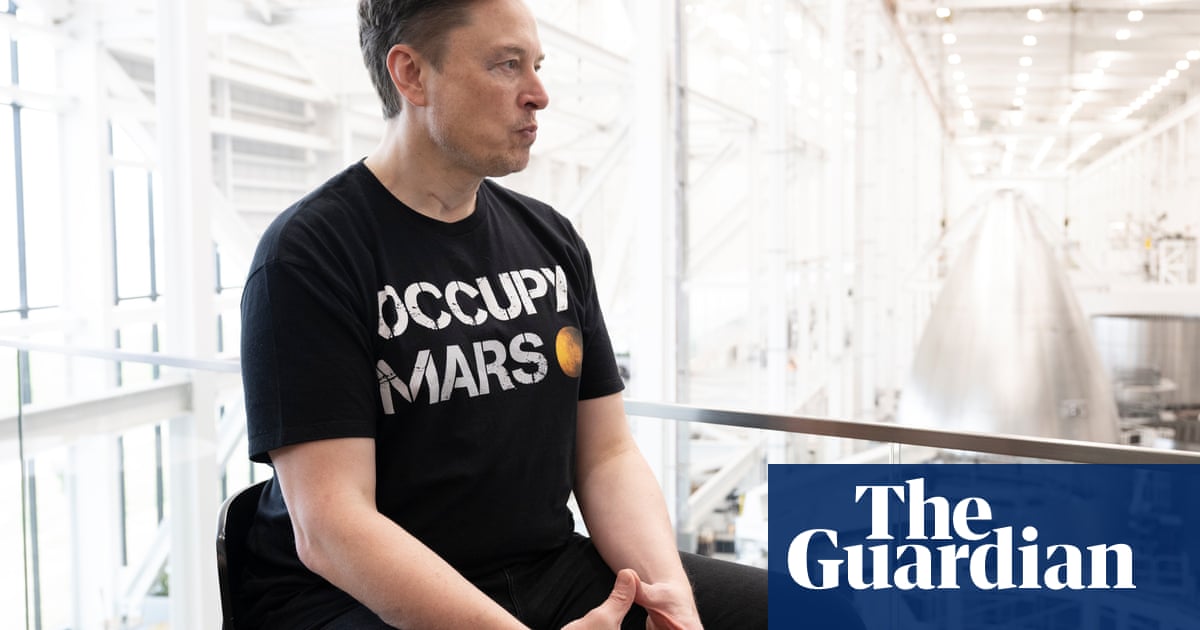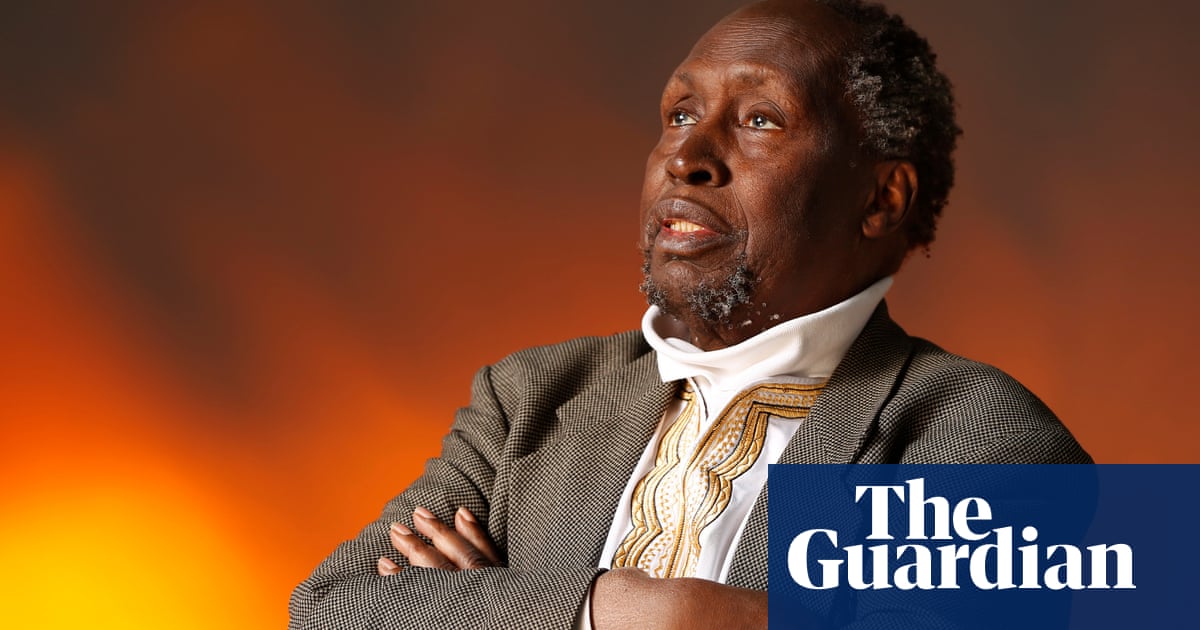For the makers of Ellie Simmonds’ new documentary, Should I Have Children?, the most powerful moment of the show is clearly supposed to be when she finds out why she was given up for adoption. It is emotional viewing: her birth mother speaks of her difficult circumstances (she had kept her pregnancy secret), the purely negative information she had been given about Ellie’s dwarfism, and, most poignantly, how she thought of Ellie every day in the decades before they met again. It is deeply moving, for Ellie and the viewer.
For me, though, the most powerful moment is altogether less charged. It comes when Ellie visits David and Megan, whose pregnancy she follows after they are told their baby almost certainly has Down’s syndrome. We watch them grapple with the ramifications of the diagnosis including their fears for the child’s future and the decision about whether to terminate the pregnancy (90% of pregnancies involving a diagnosis of Down’s syndrome are now terminated). David talks movingly of struggling with the idea of his child being bullied. Yet when Ellie visits them at home, everything has changed: the baby is there, and the couple are clearly smitten. “All the worry completely evaporates the minute you see her for the first time,” David says, in an ordinary expression of fatherly love that is also a powerful statement about how the reality of disability is so often removed from the fear it provokes.
While the documentary asks a lot of important questions, I wish it took a little more time to examine where that fear comes from, and how much it plays into people’s decisions to terminate a pregnancy or give a child up for adoption. It’s there briefly in David’s comment about bullying, and in another he makes about worrying over who will look after their child once they no longer can, but it’s not probed more deeply. The focus is on the medical, on the individual choice parents make about whether they can cope with a disabled child, but not on the question of whether, in a world that often provides little help to these parents and constantly devalues the life of their child, that is even a free choice at all. Ellie does mention the role stigma plays but the documentary would have been stronger and had a bigger effect on public attitudes if it had addressed this wider, social dimension.
There are other important questions that don’t get attention, not least the law that means that, in the UK, abortion is generally allowed up until 24 weeks of pregnancy, but is legal up until term if there is a significant risk of foetal “abnormality”. Whether these laws are correct or not can never be fully answered in a one-hour documentary (or perhaps ever), but it does feel like an oversight not to even mention the disparity – or how it feeds into the issues that are addressed in the film.
Ellie’s own, personal dilemmas are also not fully addressed. We see her find out about her chances of passing on her dwarfism to any children she may have, but, again, the conversation is entirely medical. The ethical concerns are left unspoken, perhaps allowing audiences to conclude that passing on a genetic condition is always bad – even though that isn’t necessarily true, and it’s not clear Ellie believes it is (she worries that genetic testing will mean no babies with dwarfism will be born to parents with the condition). There is no assertion of disabled people’s human right to a family life, or mention of how often disabled people’s reproductive rights are systematically abused (in many parts of the world, including the US, disabled people can still be sterilised without their consent). There is also no discussion of the prejudices disabled parents, especially those with genetic conditions, face or the lack of services to support them; both of these problems feel crucial if the central question – should Ellie have children? – is to be properly addressed. Once again, the social aspects of this decision seem to be overlooked.
The documentary is thought-provoking, and Ellie’s genuine compassion for everyone she meets makes it a compelling and worthwhile watch. There is only so much she can cover in an hour and audiences will still learn an enormous amount. As she says, most people do not have to consider all these issues when they have a child, and it can only be a good thing to get the public to think about them too, especially in the judgment-free way Ellie approaches her work. But we must remember that for all the medical information, the decisions people make about having a disabled child or being a disabled parent are shaped by fear and stigma. We need to talk about that a whole lot more.

 1 day ago
14
1 day ago
14

















































